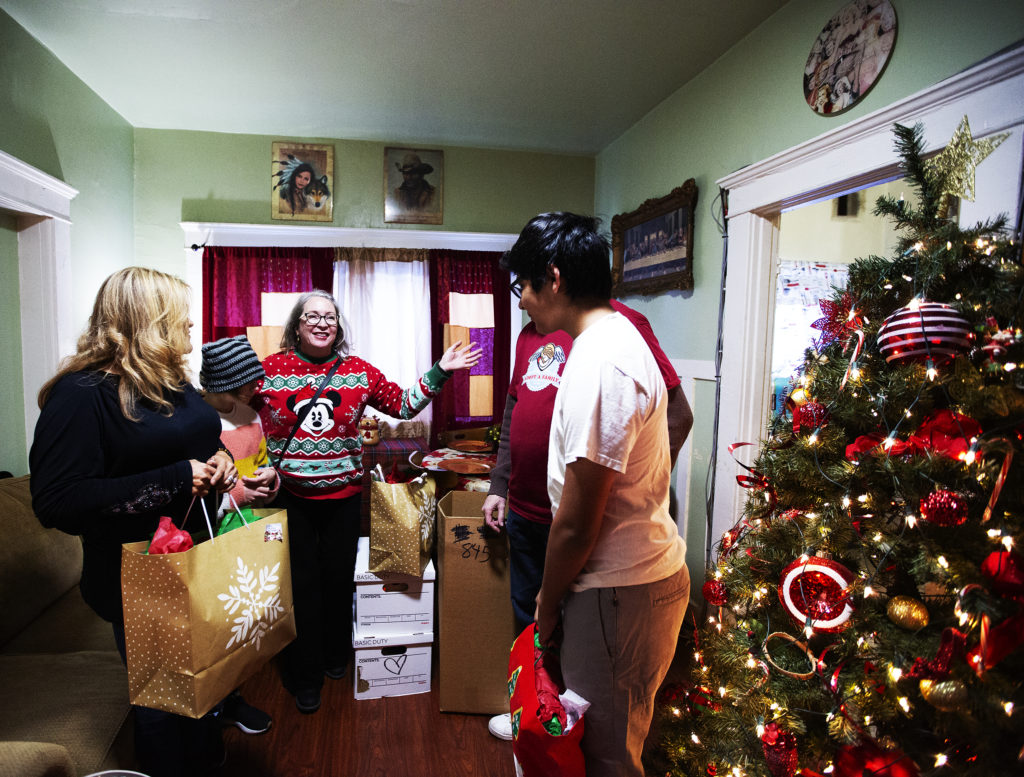“We, though many, are one Body in Christ and individually parts of one another. Since we have gifts that differ according to the grace given to us, let us exercise them: if prophecy, in proportion to the faith; if ministry, in ministering; if one is a teacher, in teaching; if one exhorts, in exhortation; if one contributes, in generosity; if one is over others, with diligence; if one does acts of mercy, with cheerfulness.” — Romans 12:5–8
Last summer I gave a retreat entitled “The Vocation of the Artist” at Kylemore Abbey in Connemara, Ireland.
The retreatants varied in age, nationality, demographic, and religious orientation.
Some but not all were working artists.
One young American woman was painting a series of Irish holy wells. Another, from Dublin, had designed stamps for An Post, the Irish postal service. One man, a Joycean scholar, wrote for The Irish Times. A 36-year-old woman taught at an inner-city Dublin school.
Our credo was a quote from Russian playwright and short-story writer Anton Chekhov: “If you want to work on your art, work on your life.”
I introduced some of the members of what I call my Personal Communion of Saints: fiber artist Judith Scott, born with Down syndrome; Butoh dancer Kazuo Ohno, self-taught marine biologist Maud Delap from County Donegal who bred jellyfish, the first person to do so anywhere in the world, in the family bathtub.
The grounds of Kylemore (“Big Wood”) comprise the former estate of Mitchell Henry (1826-1910), an English financier and politician who planted over 300,000 trees. His castle, now open to the public, is situated on a rise that looks down on a mile-plus-long freshwater lake (Lough Pollucapal) and across to some of the majestic Connemara Hills.
The opposite end of the estate boasts a showcase Victorian walled garden.
Kylemore is also a working abbey of Benedictine nuns, founded in 1920, whose lives are anchored in prayer. Three times a day they gather in the monastic church: for morning prayer, noon Mass, and vespers.
I, for one, was thrilled when Sister Máire, well into her 80s, trained in classics at Oxford, and a former abbess, asked if she could join some of our sessions. “Are you kidding?” I screeched. “We’d be honored.”
We gave her the best, most comfortable seat. In her black habit, Sister Máire didn’t speak often but when she did speak, we instinctively leaned forward to hear every word. She was intelligent, articulate, honest, and utterly original. She didn’t ask the predictable question. She didn’t draw the predictable conclusion.
At one point we fell into a discussion about untapped gifts; about allowing ourselves to feel the deepest desires of our hearts.
As we went around the circle, people spoke of having jobs that paid well but did not necessarily address the hunger of their souls. One person spoke of gardening, another of poetry, a third held forth passionately on the theater. I offered that my own life is ordered to writing: physically, emotionally, spiritually.
Then it was Sister Máire’s turn. “I’m not good at any of the wonderful things that have been mentioned,” she said. “I’m not a gardener. I have no aptitude for drawing or painting. I don’t shine at writing. I’m not even much of a cook.” She paused.
“I think what I’ve tried to do, what I’ve developed over the years, is simply a desire to contribute as best I can to the community. To our small community of nuns.”
She believes that effort avails. She believes that contribution goes out, not only to the Benedictine community at Kylemore, but to the whole world.
Immediately I thought of St. Thérèse of Lisieux, who searched in vain for her own place in the Church and in the world. She came upon the passage where St. Paul observes that we are members of the body, each performing our own particular part.
But I have so few practical skills, so little education. I’m not the legs, she thought, not the hands, not even the heart. At last it occurred to her to ask, What force moves the legs, the arms, the heart, the brain? Love! she realized. My vocation is love!
The love-based effort to sustain and foster community, of various kinds, is possibly the most important vocation we can have on earth — and possibly the least flashiest, the least likely to garner praise.
To that end, this might be a good way of taking our spiritual temperature as the year begins: How am I contributing to and participating with the people in my household, my parish, my neighborhood, my social circle, the Church?
As a 4th-century desert father observed, “If a man settles in a certain place and does not bring forth the fruit of that place, the place itself casts him out, as one who has not borne its fruit.”
And as Sister Máire reminds us, however noble the vocation of the artist, there is no art higher than to love the Lord God with our whole heart, our whole soul, our whole strength, our whole mind — and to try to love our neighbor, wherever we may be planted, as ourselves.

